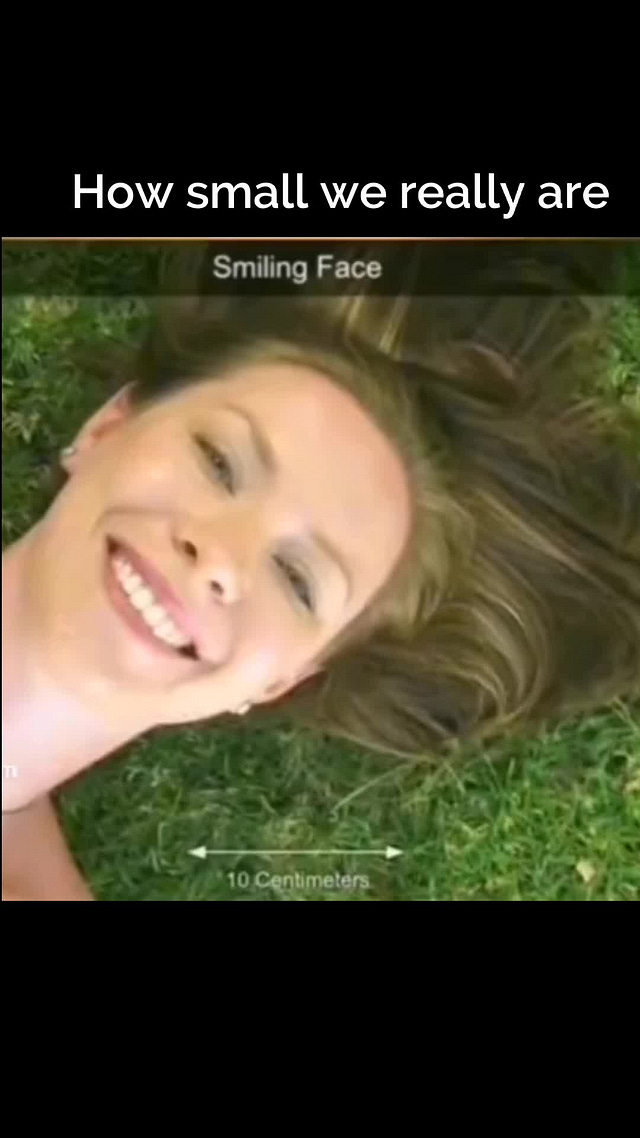Existential Ruminations on Aliens
And Other Reflections on Our Relative Insignificance in the Universe
If you’ve been watching the news in the past week, there are aliens among us. Last Wednesday, July 26th, Retired Maj. David Grusch, formerly of the Pentagon’s UAP (unidentified aerial phenomena) and current whistleblower testified in front of Congress along with two former Navy pilots Ryan Graves and David Fravor about a governmental cover-up of such phenomena.
Aside from the fact that this seems to be of equal concern among both parties (maybe aliens have the power to bring us together?), there were some pretty eye-popping details that came out. This NBC recap detailed several of those points, the most interesting being: the government has UAPs in their possession, “nonhuman biologics” have been found at crash sites, and there have been witnesses who’ve seen supersonic UFOs.
Holy shit.
Some of you may be eye-rolling as this all seems straight out of conspiracy theory playbooks. But watching a serious hearing where the likes of AOC and Jamie Raskin are asking important, targeted questions about extraterrestrial life brings on another level of “holy shits.”
Here’s the thing, I don’t know exactly what to believe. The likes of alien life on planet Earth still feels very science fiction-y to me for the mere fact that all I know is what I see on TV or movies. But if this project has taught me anything, it’s that we are but a speck in this universe. Not even a speck. And who’s to say that there aren’t other lifeforms out there, more intelligent lifeforms? The universe is indescribably vast and complex and we aren’t even close to grasping what that even means.
It’s these kinds of existential thoughts that have been coming up for me as I dig into the project and actually think deeply about this planet and our ability to sustain ourselves on it. Homo sapiens have only existed for about 300,000 years which makes up around 0.007% of Earth’s 4.5 billion year history. That is but a blip in time. Yet the way we live our lives and shape the planet for our sole benefit (that doesn’t seem all that beneficial to us in the end), it’s as if we are the center of the universe, as if we were always here and always expected to be.
When you think about our tiny little imprint of time on Earth–like really think about it deeply–it’s only natural that your mind wanders to contemplating the vastness of the Universe. Just take a moment to watch this minute-long video that has been doing the rounds on TikTok and Instagram showing how very small we are.

 Tiktok failed to load.
Tiktok failed to load.Enable 3rd party cookies or use another browser
When you look at that, there is no question that there is other intelligent life out there.
So what does any of this have to do with climate change and cramming for the apocalypse? For me, it’s about having the awareness of our small little role in Earth’s history and, therefore, the Universe’s history. It’s about having the self-awareness that we are not the center of everything. Capitalism and colonialism have crafted these narratives around human exceptionalism that created racism and nationalism and all the isms that were designed to separate us to keep the powerful people rich.
By having this self-awareness that we are not the end-all-be-all, that all life is as precious as our own, and that we exist as part of a vast network of interconnected beings offers us a way of being in this world that is more caring and respectful of every being around us.
Admittedly, these existential ruminations I have from time to time bring me into sad reflections about a future where humans will not exist, probably because of our own making. I must stop myself from these moments, but there are others out there who embrace them. I learned of one such group from Mark O’Connell’s book Notes from the Apocalypse where he attended a retreat from the Dark Mountain Project which he describes as “a movement of artists and writers and activists united by the conviction that climate catastrophe was not just real and imminent but also in fact inevitable, a done deal, and that, as such, the entire project of environmentalism was effectively doomed.”
As he describes the retreat, there’s an acceptance amongst the folks from the Dark Mountain Project and many attendees of our inevitable human collapse. O’Connell goes on to describe their manifesto which is rooted in:
“[T]he myth of our civilization–the myth of progress, the understanding of the future as a line on a graph that will soar ever upward and to the right–had been fatally undermined in our time. And this myth, it argued, was built on the foundations of a deeper myth: the myth of nature, the ancient idea that we, as a species, were fundamentally distinct from the world out of which we’d emerged.”
They’re right in a way. We messed up that graph on our own and we could very well be at the end of our species.
Alas, I cannot and will not accept our doomedness. Rather, I’d like to take it as a call to go back to our original ways of being a part of nature instead of attempting to dominate nature. I’d like to take our insignificance as our way to see our interconnectedness and tap into that. And I’d like to take it as our call to action to continue to exist on this Earth until something more natural creates a change that we cannot contend with.
I owe all of these deep thoughts not to drugs (as one might be thinking is going on here), but to a U.S. Congressional hearing on aliens.
What deep thoughts did the hearings bring up for you?!






I think being an Earth-optimist means believing the planet will be okay + total acceptance that humans maybe need to sit this one out